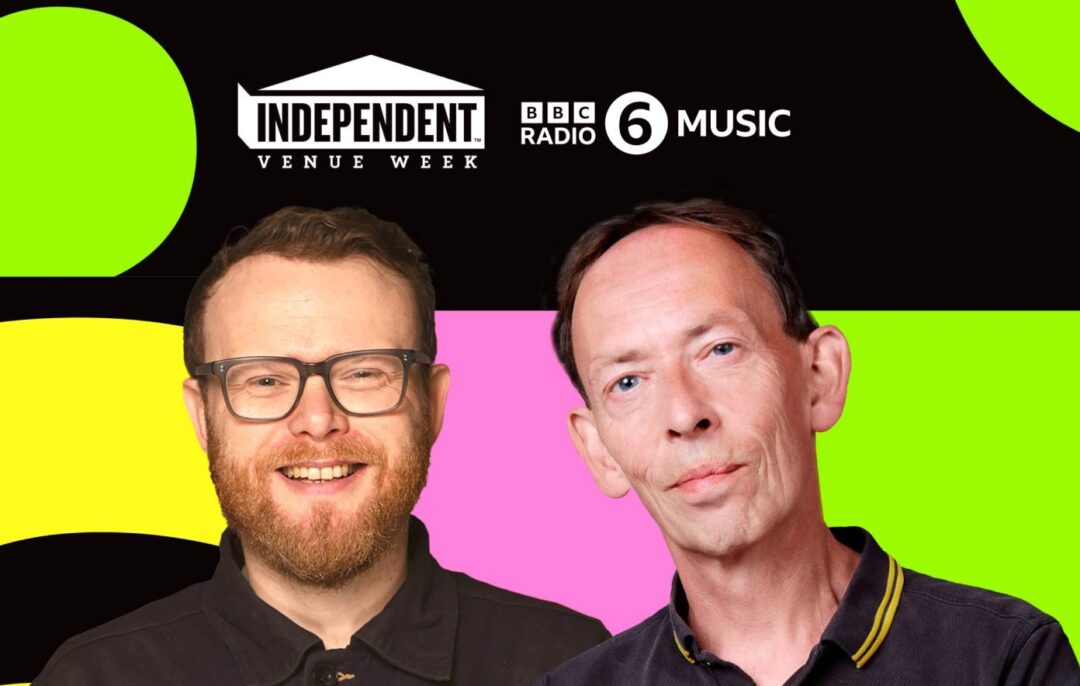Following the announcement from Music Venues Trust (MVT) which disparagingly revealed that 2023 was the worst year for UK venue closures after 125 venues showcased their last performance, 4,000 jobs were lost, and 14,500 events were cancelled, there is growing speculation over whether Independent Venue Week (IVW) can make a modicum of difference to the 80 music venues which are currently in crisis. This crisis is exacerbated by the cost of living, high rent rates, and increased utility costs. The Trust’s CEO, Mark Davyd, has called for “radical intervention” from the government, the music industry, artists, and fans to prevent further closures.
Is IVW24 An Exercise in Virtue-Swathed Futility?
IVW24 is set to take place from the 29th of January to the 4th of February. Once again, it is being marked as a seven-day celebration of music venues up and down the UK and the people who tirelessly attempt to keep them afloat.
But is it really anything more than attaching the IVW logo to gig posters for events scheduled to take place in the IVW timeframe? Is it enough to convince music fans to come out in droves to see up-and-coming and established bands? I, for one, am struggling to see the impact that Independent Venue Week will have on ticket sales. Even though I would love to see the initiative have a profound effect and give venue owners a reprieve from their financial anxiety, optimism is in short supply in the wake of the 193,230 opportunities that were lost for musicians through the closure of venues in 2023.
Sure, IVW has developed a line of merchandise. Even though there is absolutely no indication that purchasing one of the t-shirts will contribute to the rising costs of keeping the lights on and the PAs plugged in at music venues. And Huw Stephens and Steve Lamacq will be taking their BBC 6 Shows on the road, but it feels as though the music industry is going to need to put a far juicier carrot on the end of the stick to amp up the enthusiasm to purchase gig tickets. Stephens and Lamacq’s tour is a step towards raising awareness and support for these venues, but it underscores the need for more substantial and sustained efforts to safeguard the future of the UK’s music ecosystem.
“IVW is nothing more than an opportunity to promote big acts, not independent music. As a volunteer at an IVW event, I was treated poorly, working tirelessly without even so much as a bottle of water in return, meanwhile the venue staff didn’t get paid for the extra hours put in – so much for celebrating them. Every year it gets more contrived.” – anonymous
With music fans more mindful of their budget than ever before given that there is no end to the cost-of-living crisis in sight, it is somewhat naïve to expect this event can even make a dent in the financial strain felt by independent music venues.
What is Independent Venue Week?
Independent Music Venue Week is a celebration of the spirit and uniqueness of independent music venues. It’s akin to a week-long festival, but instead of being confined to one location, it sprawls across the UK’s independent music venues, showcasing their importance and the diverse talent they support.
Origins and Evolution:
Inception (2014): IVW was launched in 2014. The idea was to shine a spotlight on the heroes who own and run these venues. It’s a nod to the places that often serve as the nurturing grounds for musicians, offering them their first stages and helping to shape their careers.
Growth and Development: Over the years, IVW has grown significantly. From a handful of venues in its early days, it has expanded to include hundreds of venues across the UK. Each year, the event sees a series of gigs and talks taking place over a week, usually at the end of January or the beginning of February. This timing is strategic, as it falls at a quieter time of the year for these venues, giving them a much-needed boost.
Impact of COVID-19: The pandemic brought unprecedented challenges to the live music scene. IVW adapted by incorporating virtual events and fundraising efforts to support struggling venues. This period highlighted the fragility of independent venues and galvanized public and industry support for them.
Key Figures and Involvement:
Sybil Bell: The founder of IVW, Sybil Bell, has been a crucial figure in the initiative. Her vision and dedication have been instrumental in driving the event forward and raising awareness about the importance of independent venues.
Artists and Bands: Each year, a mix of well-known and emerging artists participate in IVW. These artists often have a personal connection to these venues, having started their careers on similar stages. Their involvement brings attention and crowds, vital for the venues’ survival.
Partnerships and Support: IVW has garnered support from various organizations, including Arts Council England. Partnerships with music industry bodies, media, and sponsors have helped in amplifying its impact.
Government Recognition: The initiative has also previously received acknowledgement from the UK government, highlighting its cultural significance and the need for supporting grassroots music venues.
In Conclusion
To truly make a difference, IVW and similar initiatives must go beyond annual celebrations and become part of a larger, concerted effort to address the financial and structural challenges facing independent music venues. This could include advocating for policy changes, creating sustainable funding models, and fostering a culture of continuous support from the music community and the public. Only through such comprehensive and ongoing efforts can the decline of these cultural hubs be halted and reversed.
For more music news, keep following our blog, which has recently been voted by Vuelio as one of the top 10 UK music blogs in 2024. We always have room to feature new music from up-and-coming artists and help them cut through the oversaturated static. Submit new music today.
Article by Amelia Vandergast

